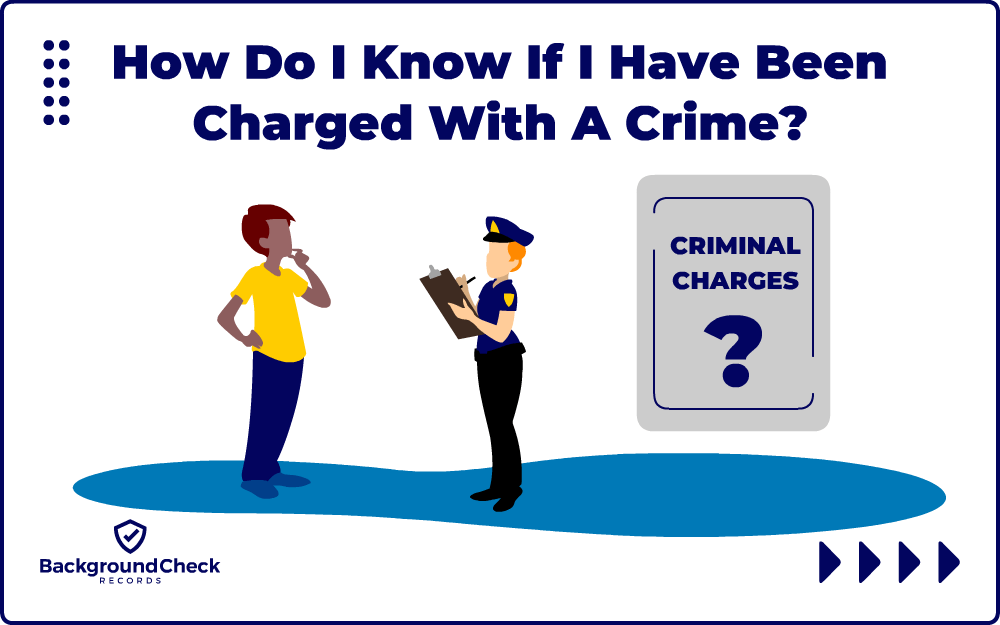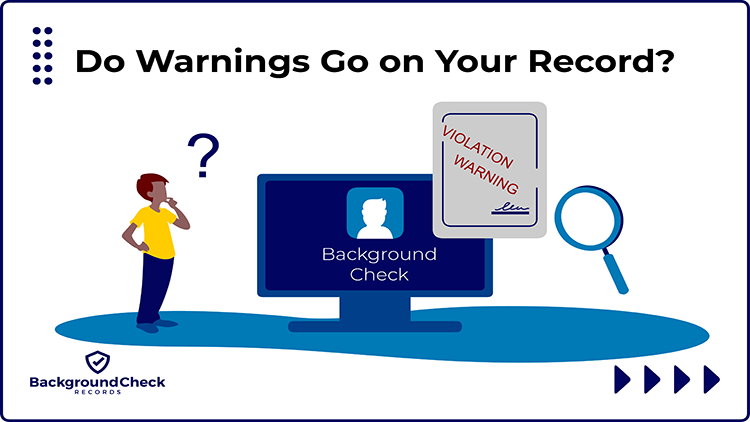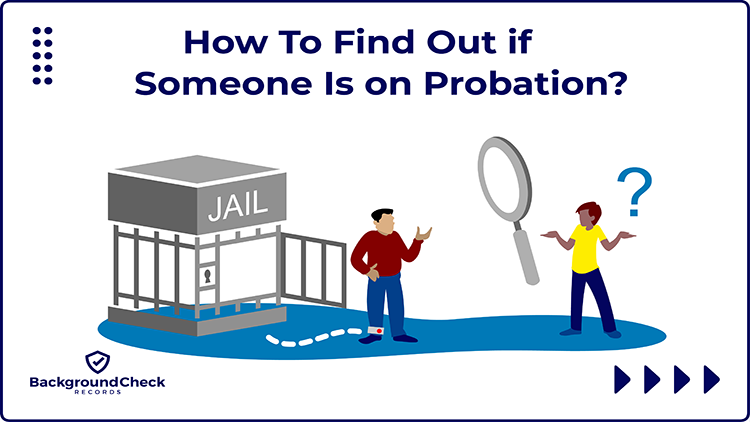How Do I Know if I Have Been Charged With a Crime? (Easy Trick)
There are times when a person may have had a run-in with the police, a police report was filed, or maybe it’s in regards to a pending investigation that makes someone wonder whether they have been charged with a crime.
The truth is, there are several ways to see if someone has been charged with a crime and the easiest trick is to run a personal background check on yourself to see if the alleged crime shows up.
By checking if someone has an indictment (another word for charged or accused with a crime) or if someone pressed charges against an individual, one can be relieved of worry.
Who Can File Charges Against Someone?
Charges are typically filed through the process of police taking a police report with the information they gathered from the victim(s) and witness(es) and presenting it to the judge, prosecutor or magistrate, who then makes a decision to move forward with the charges or not.
To formally determine if you’ve been charges with a crime, some states allow private citizens to make a report at a magistrate’s office or clerk of court to initiate charges. However, each state differs, so it’s important to understand the law regarding who can press charges.
In some states, like Rhode Island, individuals may be able to press charges based solely on a sworn statement before a magistrate, without requiring law enforcement to investigate complaints. North Carolina is another state that allows a citizen to file a misdemeanor complaint directly with the magistrate.
State Laws or Policies Outlining Who Can File Misdemeanor and Felony Charges
Criminal charges can be categorized as infractions, misdemeanors, or felonies, with possible penalties increasing as the nature of the crime increases.
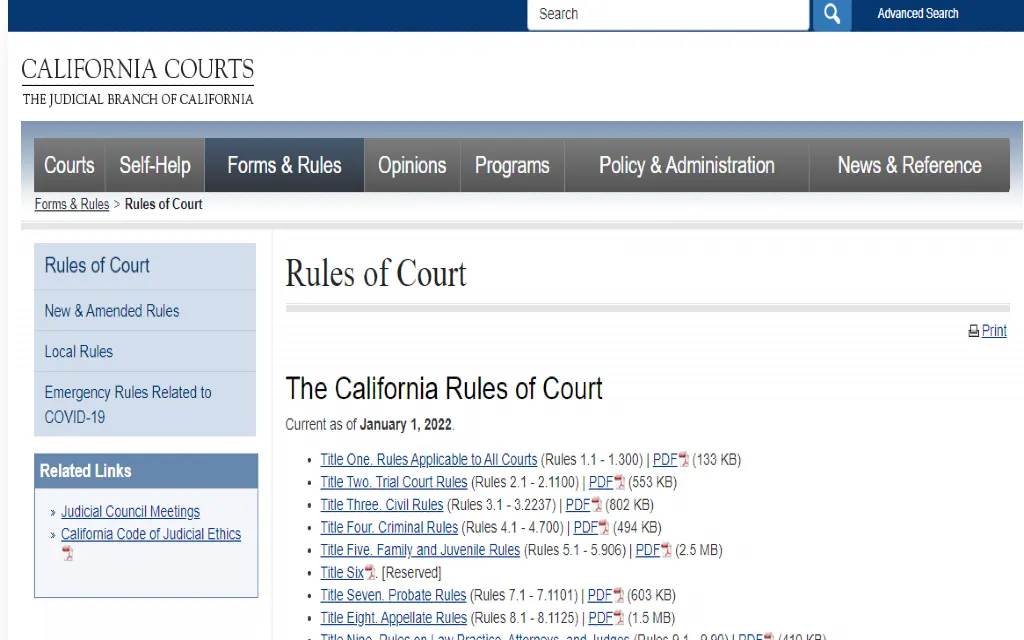
Each state has its own set of laws, rules, and procedures regarding who can press charges. The table below gives a brief overview of each state’s guidance on criminal court proceedings:
*This state has an e-filing system for submitting criminal complaints
Where Are Charges Usually Filed?
There are multiple avenues for charges to be brought before a judge. Magistrates are often tasked with reviewing and filing minor complaints such as misdemeanor offenses or infractions. Grand jury indictments start the process for felony cases.
The ultimate decision regarding prosecution presides with the district attorney. All criminal cases start with a complaint by the victim or a witness. This person either reports the matter to local law enforcement, the district attorney’s office, the state attorney general’s office, or directly to the magistrate in his or her location.
While the decision to prosecute lies with the prosecuting attorney, that doesn’t mean all cases start the same way, and law enforcement involvement doesn’t always result in court action. Filing a police report is not the same as pressing charges. Instead, it initiates an investigative process that may eventually lead to charges being pressed. Charges on the state level are filed by a court officer such as a magistrate, judge, or prosecutor.
However, when considering if police reports appear on background checks, even though they’re usually an investigative process, there’s occasions when it could come up later.
Federal prosecutions begin much the same way as state-level charges. Federal charges are based on reports made to federal law enforcement agents. Federal crimes must be reported to the proper authorities to start the process, private individuals cannot file federal charges directly.
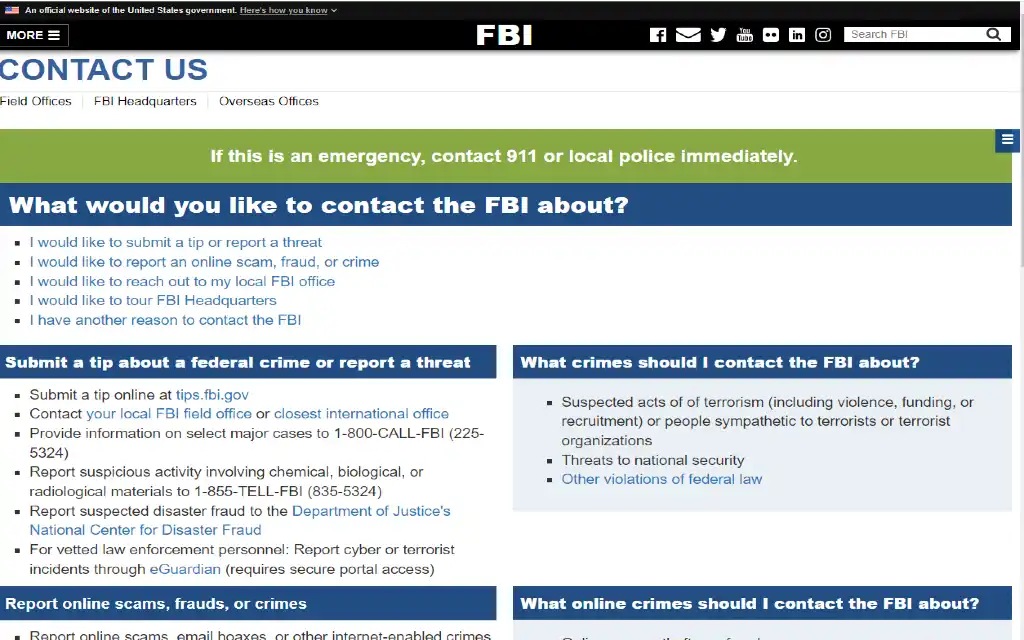
The agent or officer works with federal prosecutors regarding formally filing the charges. An example of the process can be found on the FBI website.1
Statutes of Limitation
Someone might wonder whether they have been charged with a crime, especially if the offense occurred months, years, or even decades ago. When someone files charges against another individual they must be aware of the time constraints.
A statute of limitation refers to the amount of time between when the crime occurred and when charges were filed. Some states do not impose a statute of limitations on felony charges but do on misdemeanors. Federal statutes of limitations differ from those at the state level, governing the timeframes within which police must file charges.
See the table below on the statute of limitations for different types of charges in each state.
| State Statute of Limitations for Misdemeanor and Felony Charges |
| State |
Misdemeanors* |
Felonies** |
| Alabama |
12 months |
5 years to No Limit |
| Alaska |
5 years |
10 years to No Limit |
| Arizona |
6 months to 1 year |
7 years to No Limit |
| Arkansas |
1 year |
3 years to No Limit |
| California |
1 year |
3 years to No Limit |
| Colorado |
6 months to 8.5 years |
3 years to No Limit |
| Connecticut |
1 year |
5 years to No Limit |
| Delaware |
2-3 years |
5 years to No Limit |
| Florida |
1-2 years |
4 years to No Limit |
| Georgia |
2 years |
4-7 years |
| Hawaii |
2 years |
6 years to No Limit |
| Idaho |
1 year |
5 years to No Limit |
| Illinois |
1.5 years |
3 years to No Limit |
| Indiana |
2 years |
5 years to No Limit |
| Iowa |
1-3 years |
1 year to No Limit |
| Kansas |
5 years |
5 years to No Limit |
| Kentucky |
1 year |
No Limit |
| Louisiana |
6 months to 2 years |
4 years to No Limit |
| Maine |
3 years |
6 years to No Limit |
| Maryland |
2 years |
3 years to No Limit |
| Massachusetts |
6 years |
6 years to No Limit |
| Michigan |
6 years |
10 years to No Limit |
| Minnesota |
3 years |
5 years to No Limit |
| Mississippi |
3 years |
1 year to No Limit |
| Missouri |
6 months to 1 year |
3 years to No Limit |
| Montana |
1 year |
5 years to No Limit |
| Nebraska |
1.5 years |
3 years to No Limit |
| Nevada |
1 year |
4 years to No Limit |
| New Hampshire |
3 months to 2 years |
1 year to No Limit |
| New Jersey |
1 year |
5 years to No Limit |
| New Mexico |
1-2 years |
3 years to No Limit |
| New York |
New York has varying statutes of limitation based on the crime, 1 year to No Limit |
| North Carolina |
2 years |
No Limit |
| North Dakota |
2 years |
3 years to No Limit |
| Ohio |
6 months to 2 years |
1 years to No Limit |
| Oklahoma |
3 years |
3 years to No Limit |
| Oregon |
2 years |
3 years to No Limit |
| Pennsylvania |
2 years |
5 years to No Limit |
| Rhode Island |
3 years |
10 years to No Limit |
| South Carolina |
No Limit |
No Limit |
| South Dakota |
7 years |
7 years to No Limit |
| Tennessee |
1 year |
2 years to No Limit |
| Texas |
2 years |
3 years to No Limit |
| Utah |
1-2 years |
4 years to No Limit |
| Vermont |
3 years |
3 years to No Limit |
| Virginia |
2 years |
No Limit |
| Washington |
1 year |
3 years to No Limit |
| West Virginia |
1 year |
No Limit except perjury which carries a 3-year limitation |
| Wisconsin |
3 years |
6 years to No Limit |
| Wyoming |
No Limit |
No Limit |
*Statute of limitations depends on whether it was an infraction, petty offense, or misdemeanor.
**Statute of limitations depends on the felony classification and whether or not it was a violent crime.
What Happens When a Charge Has Been Filed but an Arrest Was Never Made?
When charges have been filed but an arrest was never made, it does not necessarily mean the charge will automatically go away. Sometimes charges are filed and a criminal summons is issued instead of an arrest warrant.
Other times, states place time limits on the duration between filing charges and presenting the case to the court for prosecution.
Federal Statutes of Limitation for Federal Charges
Non-capital offenses, such as theft of federal property or white-collar crimes that fall under federal jurisdiction, have a five-year statute of limitations. Non-capital offenses can result in a prison sentence or community supervision (also known as probation). If the federal agency hasn’t pressed charges within this time frame, the alleged offender cannot be brought before a federal judge or magistrate unless an exception is specifically outlined in the federal code.2
Related Reading: How To Find Someone’s Probation Officer: Search This Directory in 3 Steps
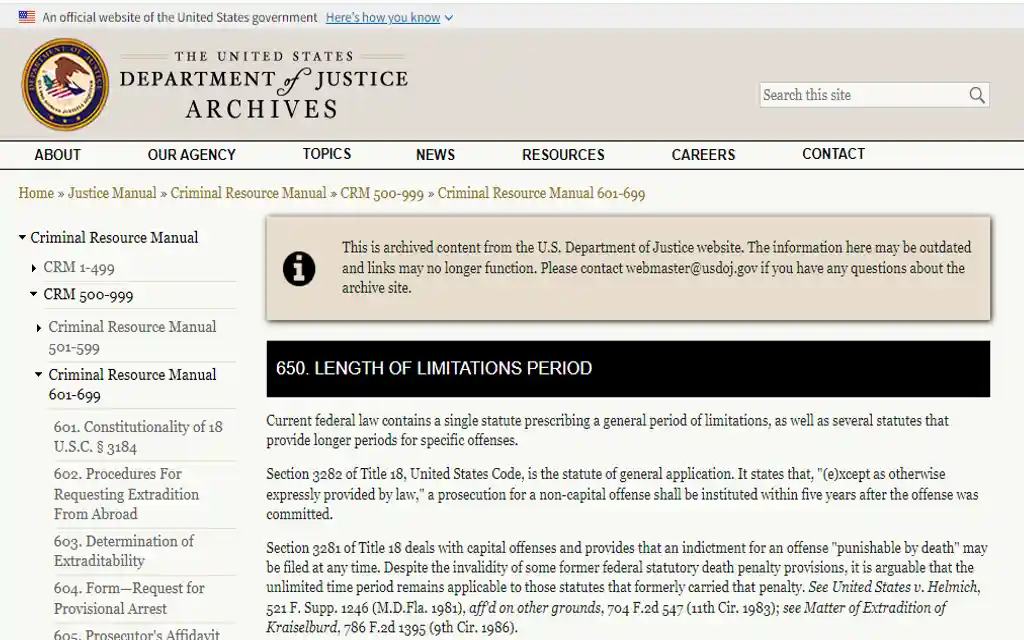
The statute of limitations is different for charges that can result in a death sentence as opposed to those mentioned above. Capital offenses under federal jurisdiction carry no statute of limitations. For example, murder or terrorism where serious bodily injury or harm.3
All About Indictments
Indictments are criminal charges or accusations, but they are sometimes called true bills or true bills of indictment and are issued by a grand jury after deliberation. In most states, felony cases must be presented to a grand jury before a prosecutor will present the matter to the court.
Federal prosecutors must bring felonies before a federal grand jury before the case can be presented to a judge.4
Grand Juries
A grand jury determines if there is enough evidence to actually support a criminal charge. In other words, the grand jury decides which felonies result in criminal charges.5 It is very different from a trial jury which decides if an alleged offender is guilty or not guilty. Grand juries are selected much like regular juries except the members serve a term instead of just hearing one case. A warrant or summons will be issued if a suspect has been indicted.
Ways To Determine if You’ve Been Charged With a Crime
Once a person understands the workings of criminal charges, the next step is determining if one has been charged with a crime. There are several ways to find out if a person is subject to a criminal charge.
Personal Background Checks
An easy trick to find out if a person has pending criminal charges is to conduct a personal background check. Personal background checks can show pending court cases, charges, and sometimes warrants.
A personal background check can be completed by checking each possible jurisdiction online, but this method can be time-consuming. The quickest way is to use the services of a search site to conduct a nationwide background check, and results are usually returned in minutes.
Arrest Warrant Searches
Generally, warrants show up on background checks and are considered public records which means they can be obtained by the public. Even states that limit the release of certain criminal records, such as Alaska, consider warrants publicly accessible. While states may make warrants public, whether or not to release them is up to the general public.
In situations where there is an active investigation, law enforcement may not make these records public. In situations where there is a fugitive warrant, the information may be shared on the agency website, news outlets, and social media. Charges may be filed either before or after an arrest, leading one to wonder about the timeline for being charged following an arrest. States dictate the maximum duration a person can be held before being formally charged with a crime by the court.
Another way to find out if there is a charge against someone is to contact the local law enforcement agency. Individuals can call the local law enforcement agency to see if there is a warrant out for their arrest.
The local police department or county sheriff’s office may or may not provide the information over the phone. This is a quick, easy method to find out if someone pressed charges against an individual.
Check Local Court Records
Another way to find out if someone has a warrant for their arrest is to check local court records. Local court records can be accessed online in most cases. When records cannot be searched online, in-person inquiries at the clerk of court’s office could provide the needed information.
What Steps Should I Take if I Discover I’m Charged With a Crime?
When a person finds out they have been charged with a crime, there are some steps they can take to resolve the issue. The alleged offender does not want to leave the charges unresolved because at any time they could be taken into custody. It is better to get the matter taken care of quickly.
Using the Services of an Attorney or a Bail Bondsman
A person can use a bail bondsman or attorney to not only help resolve an outstanding criminal charge, but these professionals can also help the person find out if there are other pending charges they are not aware of.
Related Reading: Do Pending Charges Show Up On a Background Check: Yes & No
A bondsman can help the individual post bail when they turn themselves in. An attorney can help facilitate surrender to law enforcement and negotiate the bail with the magistrate or judge. An attorney can also check to see if a person has an indictment.
What if the Charges Are Dropped?
When charges are dropped, the subject will not be taken into custody or brought before a judge unless the charges are reinstated. Reinstatement of charges is rare and usually happens only when new evidence or information is discovered.
While dropped charges mean the alleged offender is no longer subject to prosecution, it does not mean the record is cleared and leads many to wonder, if dropped charges appear on a background check.
Dropped Charges and Criminal Background Checks
Dropped charges can and do still appear on criminal background checks. The check will show the charge resulted in a non-conviction, but it may require the individual to explain the circumstances depending on the entity that conducted the background check, what the check is for, and what state the background check was conducted in.
Expunging a Record
When charges are dropped or result in a non-conviction, the accused can hire an attorney to help get the matter off the person’s criminal record. Once the record is expunged it is no longer accessible to the public.
While many charges can be dropped, dismissed, expunged of sealed, figuring out if you’ve been charged with a crime can help alleviate worry, or address the charge immediately before a warrant is filed or you’re issued with a court summons.
Frequently Asked Questions
Do Warrants Ever Expire?
Generally speaking, warrants do not expire. They may be recalled by the court, or when charges are dropped the warrants can be canceled. If there is a failure to appear warrant on a charge that is later dropped, the warrant may or may not be recalled since the underlying premise for the warrant is the failure to adhere to a court-ordered appearance.
1 A Brief Description of the Federal Criminal Justice Process | Federal Bureau of Investigation. (n.d.). FBI.gov. Retrieved July 16, 2022, from <https://www.fbi.gov/resources/victim-services/a-brief-description-of-the-federal-criminal-justice-process>
2 18 US Code § 3282 – Offenses not capital | US Code | US Law | LII / Legal Information Institute. (n.d.). Law.Cornell.Edu. Retrieved July 16, 2022, from <https://www.law.cornell.edu/uscode/text/18/3282>
3 18 US Code § 3281 – Capital offenses | US Code | US Law | LII / Legal Information Institute. (n.d.). Legal Information Institute. Retrieved July 16, 2022, from <https://www.law.cornell.edu/uscode/text/18/3281>
4 Charging | USAO. (n.d.). Department of Justice. Retrieved July 16, 2022, from <https://www.justice.gov/usao/justice-101/charging>
5 JUROR FAQ. (n.d.). JUROR FAQ. Retrieved July 16, 2022, from <https://www.nced.uscourts.gov/jurors/faq.aspx?faq=3>

